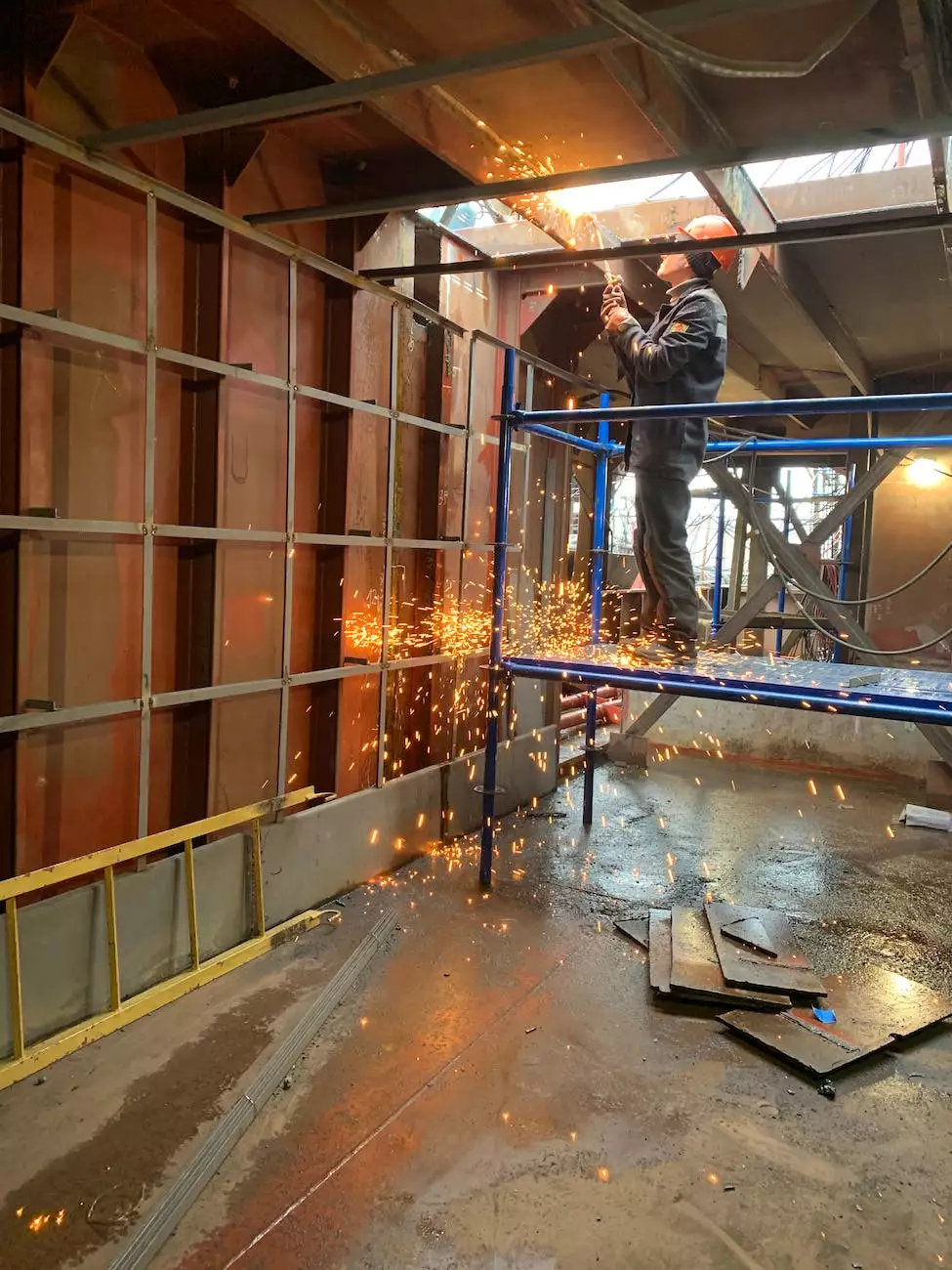Florida Construction Law: Dealing With Delays

Introduction
Welcome to Baytowne Reporting's guide on Florida construction law and how to effectively deal with delays in construction projects. In the fast-paced world of construction, delays can have significant implications for all parties involved. Understanding the legal aspects surrounding construction delays and implementing appropriate measures is crucial for successful project management.
The Importance of Understanding Construction Delays
Construction delays can occur due to various reasons, including inclement weather, unforeseen site conditions, changes in project scope, lack of materials, or even disputes between contractors, subcontractors, and owners. It is essential for all stakeholders to have a clear understanding of the legal ramifications that come with delays in order to protect their rights and interests.
Types of Construction Delays
Construction delays can be categorized into the following types:
1. Excusable Delays
Excusable delays are caused by unforeseen circumstances beyond the control of the contractor or owner, such as extreme weather conditions, natural disasters, or changes in legal requirements. These delays are generally recognized as non-compensable and may entitle the contractor to an extension of time for project completion.
2. Compensable Delays
Compensable delays, also known as "time is money" delays, occur when the contractor is entitled to compensation for delays caused by factors outside their control. These delays can include owner-initiated changes, delays in delivering necessary materials, or delays caused by other contractors on the project.
3. Concurrent Delays
Concurrent delays happen when multiple delays occur concurrently, with both the contractor and owner being responsible for the delays. These situations can often lead to complex legal disputes and require careful evaluation of the project's timeline and responsibilities of each party involved.
4. Inexcusable Delays
Inexcusable delays are caused by the contractor's failure to meet project deadlines or fulfill contractual obligations. These delays can result in contractual penalties, termination of the contract, or even legal action taken against the contractor.
Legal Implications and Remedies
When construction delays occur, it is important to understand the legal implications and potential remedies available to all parties involved. These may include:
1. Extension of Time
If delays are determined to be excusable, contractors may be entitled to an extension of time to complete the project. This can help alleviate the pressure caused by unforeseen circumstances and provide the necessary breathing room to recover from the delay.
2. Liquidated Damages
Many construction contracts include liquidated damages clauses that stipulate a predetermined amount of compensation to be paid for each day of delay. These clauses provide protection to owners and help ensure contractors remain motivated to meet project deadlines.
3. Change Orders
In situations where delays are caused by changes in project scope initiated by the owner, change orders can be utilized to modify the contract and adjust the timeline accordingly. Negotiating and documenting these changes in a timely and clear manner is crucial to avoid further delays or disputes.
4. Alternative Dispute Resolution
When delays result in legal disputes, alternative dispute resolution methods such as mediation or arbitration can be used to resolve conflicts outside the court system. These methods offer a more efficient and cost-effective way to settle disputes, allowing parties to reach mutually satisfactory resolutions.
Expert Advice on Handling Delays
Baytowne Reporting has gathered valuable insights from legal experts in the construction industry to help navigate the complexities of dealing with delays. Here are some key recommendations:
1. Thoroughly Review and Understand Contracts
Before undertaking any construction project, it is crucial to thoroughly review and understand all contractual provisions related to delays. This includes identifying the responsibilities and obligations of each party and the procedures for handling and documenting delays.
2. Maintain Clear and Detailed Documentation
Accurate and detailed documentation of all aspects of the project is essential when dealing with delays. This includes recording all correspondence, change orders, site conditions, and any other relevant information. Having a comprehensive paper trail can help support claims and protect your rights in case of legal disputes.
3. Promptly Communicate and Notify All Relevant Parties
When delays occur, prompt and effective communication with all involved parties is crucial. This includes notifying the owner, subcontractors, and suppliers about potential delays, documenting the reasons for the delay, and discussing potential solutions to minimize the impact on the project's timeline.
4. Seek Legal Advice
In complex delay situations, seeking legal advice from experienced construction law attorneys can provide valuable guidance and support. These experts can help navigate the legal complexities, analyze contracts, negotiate settlements, and represent your interests in legal proceedings if necessary.
Conclusion
A solid understanding of Florida construction law and how to effectively handle delays is essential for all parties involved in construction projects. By familiarizing yourself with the different types of delays, legal implications, and potential remedies, you can proactively protect your rights, mitigate risks, and ensure successful project completion. Remember, consulting with legal experts and maintaining clear documentation are vital elements of a well-managed construction project. At Baytowne Reporting, we strive to provide comprehensive resources and expert guidance to help you navigate the complexities of construction law.



